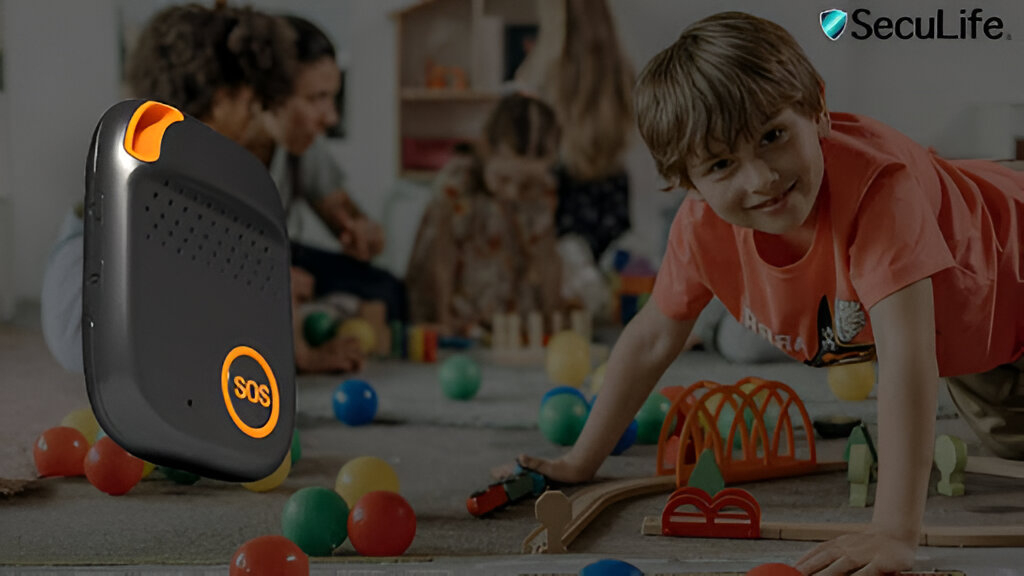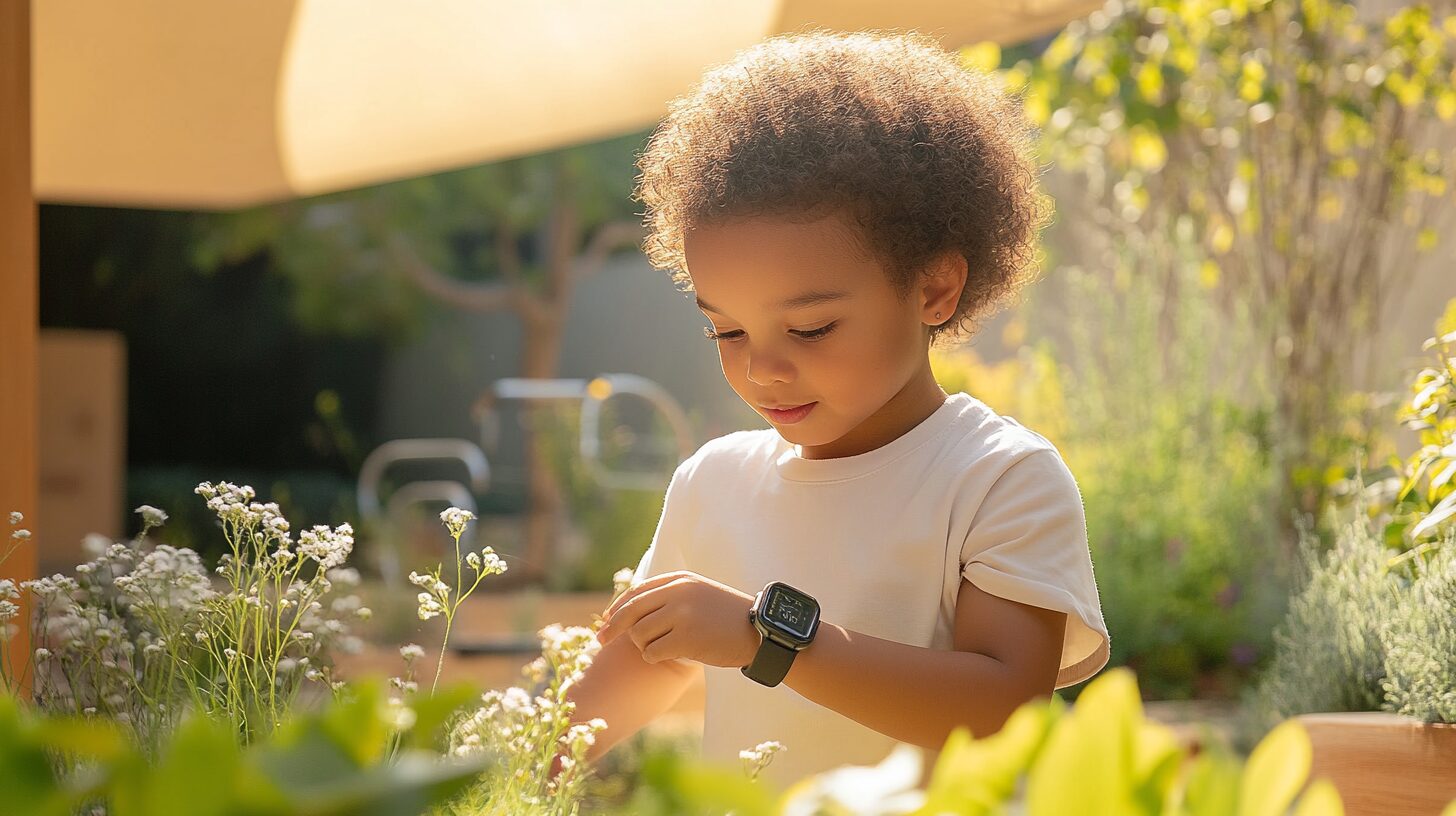Introduction
In the ever-evolving world of wearable technology, Smartwatch and GPS Tracker have emerged as game-changers, offering a seamless blend of functionality and convenience. While both devices share some similarities, they cater to distinct needs and preferences.
This comprehensive guide delves into the key differences between smartwatches and GPS trackers, exploring their features, capabilities, and suitability for various lifestyles. Whether you’re an avid fitness enthusiast, an outdoor adventurer, or simply seeking a convenient way to stay connected, understanding the nuances between these devices can help you make an informed decision.
Smartwatch vs. Fitness Tracker: Key Differences
Smartwatches and fitness trackers are often confused, but they serve different purposes. Smartwatches are designed to be an extension of your smartphone, offering a wide range of features beyond fitness tracking. They can display notifications, run apps, and even make payments.
On the other hand, fitness trackers are primarily focused on monitoring your physical activity, tracking metrics such as steps taken, calories burned, and sleep patterns. Fitness trackers typically have a more simplistic design and fewer bells and whistles compared to smartwatches.
When deciding between a smartwatch and a fitness tracker, consider your primary use case. If you’re mainly interested in tracking your fitness progress and don’t need the extra features, a dedicated fitness tracker may be the better choice. However, if you want a device that can do it all, a smartwatch is likely the way to go.
GPS Functionality: Built-in vs. Smartphone-Dependent
One of the key distinctions between smartwatches and GPS trackers lies in their GPS capabilities. GPS watches have built-in GPS functionality, allowing them to track your location and provide accurate data for outdoor activities like running, cycling, or hiking without relying on a smartphone.
Smartwatches, on the other hand, typically rely on the GPS functionality of your connected smartphone to track your location and distance traveled. This means you’ll need to have your phone with you to get the most accurate tracking data.
If precise location tracking is a top priority for you, especially for outdoor adventures, a GPS watch with built-in functionality may be the better choice. However, if you always have your smartphone with you anyway, a smartwatch can still provide reliable GPS tracking by leveraging your phone’s capabilities.
Battery Life: Balancing Features and Longevity
Battery life is a crucial consideration when choosing between a smartwatch and a GPS tracker. GPS watches tend to have shorter battery life due to the constant use of GPS and other power-hungry features. For example, the Apple Watch typically lasts for one day on a single charge.
Smartwatches, without the need for constant GPS tracking, can offer longer battery life, with some models lasting up to three days or even a week on a single charge. This extended battery life is particularly beneficial for those who don’t want to worry about charging their device every night.
Fitness trackers, with their more limited feature set, often boast the longest battery life, sometimes lasting weeks or even months between charges. If you prioritize long battery life over advanced features, a fitness tracker may be the ideal choice for you.
Fitness Tracking Capabilities: Heart Rate, Steps, and More
Both smartwatches and GPS trackers excel at tracking various fitness metrics, but their capabilities may vary. Most smartwatches and GPS watches can track steps, distance, calories burned, and heart rate, providing comprehensive data for monitoring your physical activity.
However, GPS watches often offer more advanced features tailored for specific sports or activities, such as cadence tracking for runners or mapping capabilities for cyclists. These specialized features can be invaluable for serious athletes or fitness enthusiasts looking to take their training to the next level.
Fitness trackers, while more basic in their overall functionality, still provide robust fitness tracking capabilities. They often include features like sleep tracking, stress monitoring, and guided breathing exercises, making them a great choice for those primarily focused on overall wellness.
Smartwatch and GPS Tracker Features: Notifications, Apps, and Payments
While fitness tracking is a core feature of smartwatches, they offer much more than just activity monitoring. Smartwatches can display notifications from your smartphone, allowing you to stay connected without constantly reaching for your device. This includes text messages, emails, social media alerts, and more.
Many smartwatches also support third-party apps, enabling you to access a wide range of functionalities, from controlling smart home devices to streaming music. This expandability allows you to customize your smartwatch experience to suit your specific needs and preferences.
Additionally, some smartwatches even support mobile payments, allowing you to make purchases with a simple tap of your wrist. This convenient feature means you can leave your wallet at home and still grab a post-workout snack or make a quick purchase on the go.
Choosing the Right Device for Your Needs and Budget
When deciding between a smartwatch and a GPS tracker, consider your specific needs and budget. If you’re primarily interested in tracking your fitness activities and don’t require advanced features, a fitness tracker may be the most cost-effective option.
However, if you desire a more comprehensive experience, including notifications, apps, and mobile payments, a smartwatch might be the better choice, albeit at a higher price point. For those who engage in outdoor activities or require precise location tracking, a GPS watch could be the ideal solution, albeit with a higher price tag and shorter battery life.
It’s essential to evaluate your priorities and determine which features matter most to you. By aligning your needs with the capabilities of each device type, you can make an informed decision that will provide the most value and satisfaction in your daily life.
Protecting Your Smartwatch or Fitness Tracker
Regardless of your choice, it’s essential to protect your investment by keeping your smartwatch or fitness tracker safe from damage. Consider investing in a protective case or cover designed specifically for your device.
Additionally, be mindful of the water resistance rating of your smartwatch or fitness tracker. While many devices are water-resistant or waterproof, it’s crucial to check the specific depth limitations and avoid exposing your device to water beyond its rated capacity.
Frequently Asked Questions
Q: Can a smartwatch replace a smartphone?A: While smartwatches offer many features and can reduce the need to constantly check your smartphone, they are designed to complement your smartphone, not replace it entirely. Most smartwatch functions still rely on a connection to your smartphone.
Q: Do I need a data plan for my smartwatch or GPS tracker?A: Most smartwatches and GPS trackers do not require a separate data plan. They typically connect to your smartphone via Bluetooth or Wi-Fi for data transfer and functionality.
Q: Can I use a smartwatch and GPS tracker for swimming or water activities?A: Many smartwatches and GPS trackers are water-resistant or waterproof, allowing you to track activities like swimming or surfing. However, it’s essential to check the specific water resistance rating and depth limitations of your device before submerging it in water.
Conclusion
In the ever-evolving landscape of wearable technology, smartwatches and GPS trackers offer a wealth of features and capabilities tailored to different lifestyles and preferences. Whether you’re an avid fitness enthusiast, an outdoor adventurer, or simply seeking a convenient way to stay connected, understanding the nuances between these devices can help you make an informed decision.
By considering factors such as GPS functionality, battery life, fitness tracking capabilities, and additional features, you can choose the perfect wearable companion to enhance your daily routine and achieve your goals. With the right device on your wrist, you’ll be empowered to stay connected, track your progress, and make the most of every moment, no matter where your adventures take you.






